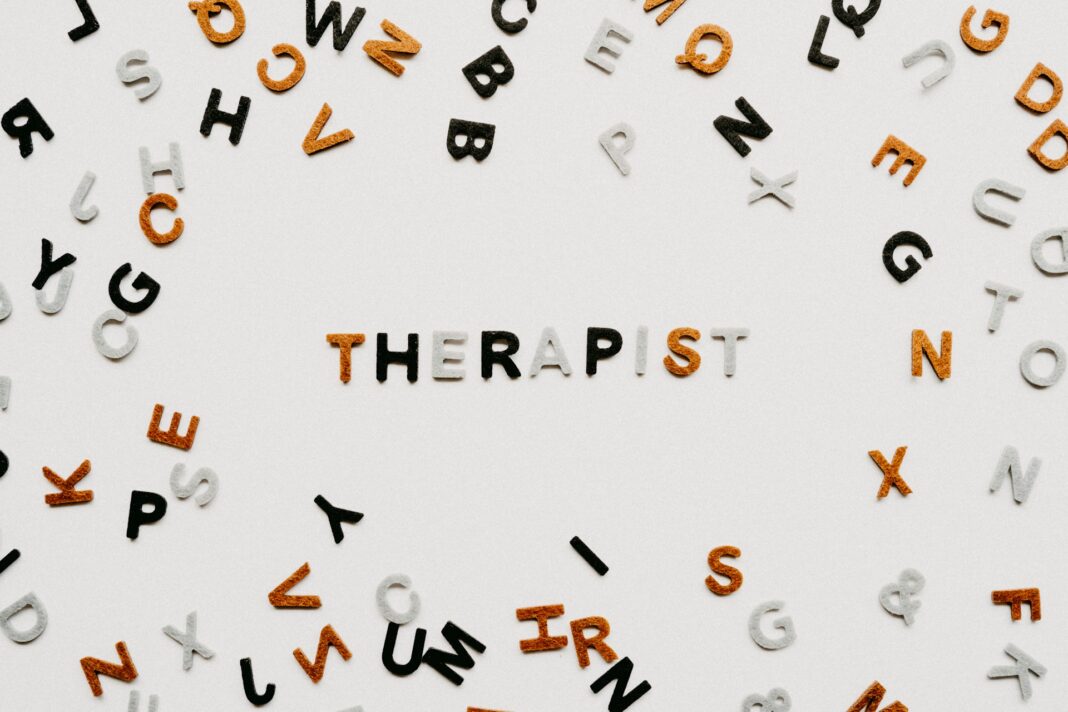UNITED STATES—Finding a therapist is pretty easy these days, especially if you search online, but finding a therapist who’s a good personal fit for you isn’t always straightforward. What exactly does it mean to find a therapist who’s a good fit? Which criteria should you use in your decision? And what steps can you take to ensure a better fit?
The Importance of Fit
A therapist that’s a good fit for you is one that provides specific support for your needs and therapy sessions that are both practically effective and subjectively comfortable. Beyond that, it’s hard to come up with a concrete definition because patients have different priorities in this area.
A better fit is associated with:
- Comfort. If you feel genuinely comfortable with your therapist, you’re going to be much more likely to express yourself honestly. You’ll think of sessions more positively, and you’ll be much more likely to attend regular sessions in the future. On top of that, your subjective feelings during your sessions are going to be much more positive.
- Openness. Patients who have a good fit therapist are also more open. They’re more open-minded and willing to hear the perspectives and guidance of their therapists. They’re also more open to change.
- Understanding. A therapist who has a lot in common with you or has a philosophy and approach that you genuinely like is probably more likely to truly understand what you’re experiencing. All professional therapists are trained to empathize and offer compassion, but some therapists will resonate with you more than others.
So how do we ensure this good fit?
Search Locally
A good way to start is to search locally. For example, if you live here in San Francisco, you should search for a San Francisco therapist.
People who live in the same city as you probably share at least some perspectives, and if you work with a local therapist, you’ll be able to attend in-person sessions regularly. At the very least, you’ll be able to stave off some of the initial awkwardness of attending therapy with small talk about whatever is going on in your town. This may seem trivial, but it’s important to establish genuinely good personal rapport to have more effective therapeutic conversations.
Evaluate Without Judgment
From your first session forward, it’s important to evaluate the nature of your therapist-patient dynamic with clarity and no judgment. If the relationship isn’t a good fit, that’s not a reflection on you, nor is it a reflection on your therapist. You can be a good patient with a good therapist, and still have a poor fit. Fit is more about subjective preference than objective competence.
Consider Approach
When evaluating a therapist, consider their approach. Different psychological professionals approach issues in different ways, and most of these ways are valid.
For example, in the traditional cognitive behavioral therapy (CBT) approach, therapists are often goal-directed and collaborative, working together to find a solution for your problems or to achieve specific objectives. However, person-centered therapists are usually more hands-off, loosely guiding patients to making their own revelations and improvements.
Both methods are capable of guiding patients to meaningful change, but some people respond much better to one of those methods over the other. What works best for you?
Consider Experience and Familiarity
You should also think about the experience level of the therapist for your specific issue, as well as your familiarity with the issue and with therapy in general. If you’re struggling with a very specific problem, it’s wise to seek the help of someone who’s an expert in that area. If you’re totally new to the world of therapy and you’re somewhat intimidated by it, it pays to find a therapist with experience in helping new patients acclimate to this environment.
Gauge Your Own Comfort and Sentiments
During your sessions, pay close introspective attention to how comfortable you are and how you feel about the dynamic. Therapy is supposed to be occasionally uncomfortable, but there’s a difference between being uncomfortable with confronting your deep-seated feelings and being uncomfortable with a therapist who keeps interrupting you. Be honest with yourself and don’t stick with the therapist who makes the session feel genuinely uncomfortable.
Leaving Your Therapist
If your therapist isn’t a good fit, you can leave and seek a new therapist. In fact, you should. Sticking with a therapist who isn’t a good fit could actually work against you and sour you to the entire process of attending regular therapy.
With a better fit therapist, you’ll be in a much better position to achieve your mental health goals. Just remember that it may take some time to find the right fit for your needs – and even then, it’s going to take several sessions for you to start seeing results.






